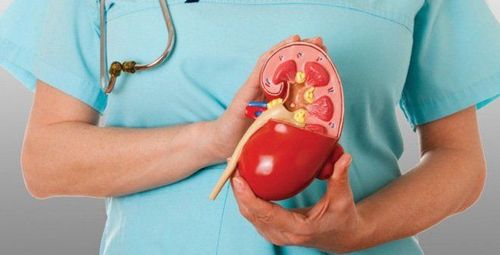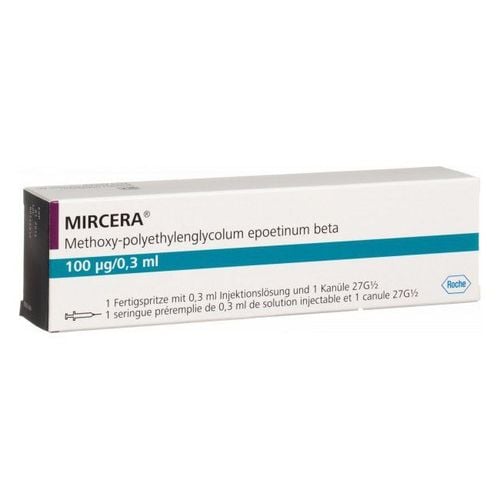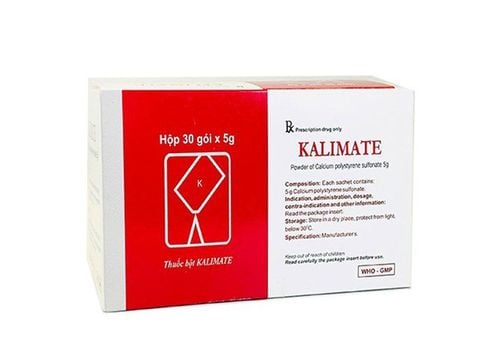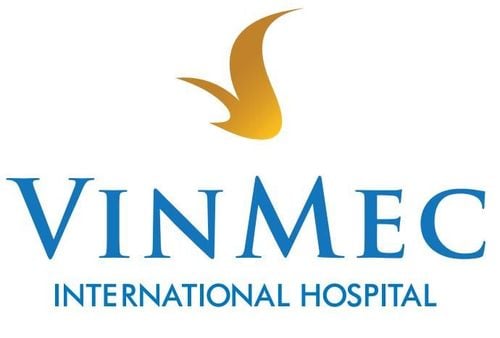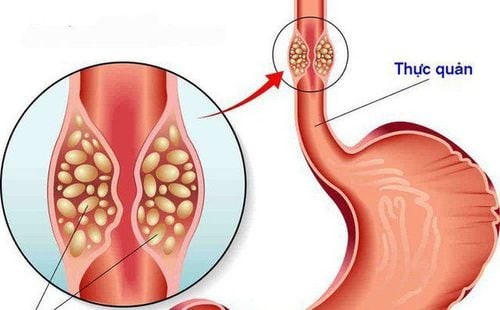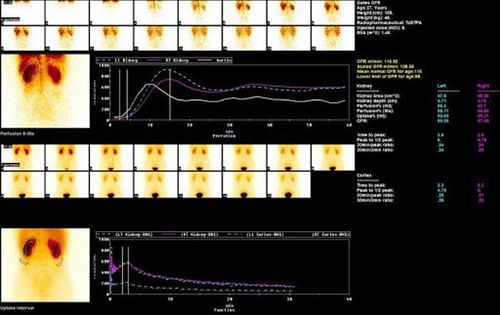This is an automatically translated article.
The article was professionally consulted by Master, Doctor Nguyen Thi Thanh Thuy - Endocrinologist - Dialysis - Kidney Transplant - Department of Medical Examination & Internal Medicine - Vinmec Central Park International General Hospital.Acute kidney failure (also called acute kidney injury) occurs when the kidneys suddenly lose their ability to remove salt, fluids, and metabolites from the blood. The course of the disease takes place quickly from a few hours to a few weeks, so it is necessary to detect the symptoms of acute kidney injury early to promptly treat to avoid life-threatening. Unlike chronic kidney damage, acute kidney injury can be completely or incompletely reversed if the cause is treated effectively and promptly
1. What causes acute kidney failure?
Removing salts, water and metabolic products from the blood is the core function of the kidneys, but when kidney damage occurs, it causes the body to accumulate toxic substances and imbalances of electrolytes leading to acute kidney damage, threatening the kidneys. life threatening. A , herbal medicines of unknown origin Long-term, high-dose use of pain relievers belonging to the group that have bad effects on the kidneys (Ibuprofen...) and interstitial nephritis. Sepsis and septic shock, causing multi-organ failure .... Some disorders cause blood clotting in the blood vessels and can lead to acute kidney damage such as:Hemolytic uremic syndrome ( hemolytic uremic syndrome) Immune thrombocytopenic purpura (ITP) Malignant hypertension Blood transfusion reaction Scleroderma Diseases and conditions that prevent urine from leaving the body and can lead to injury Acute kidney disease includes:
Bladder cancer Blood clots in the urinary tract Cervical cancer Colon cancer Prostate prostate Kidney stones Nerve damage to the nerves that control the bladder Adrenal cancer prostate . Other causes:
Lupus erythematosus, an autoimmune disease that causes glomerulonephritis Drugs, such as some chemotherapy drugs, antibiotics, and contrast media used in diagnostic imaging tests rhabdomyolysis leading to toxin-induced renal injury from muscle destruction Tumor Lysis Syndrome (TLS) is a clinical condition resulting from the rapid destruction of malignant tumor cells during the body, which involves killing malignant cells with hormonal drugs, chemicals, or radiation, leading to the release of toxins that can damage the kidneys Certain infections, such as Sepsis and acute pyelonephritis can directly damage the kidneys.

Suy thận cấp có thể xảy ra vì nhiều lý do
2. Risk factors for acute kidney failure
Acute kidney injury almost occurs in patients with underlying medical conditions, so risk factors that may increase the risk of acute kidney injury include: need special care Aged Peripheral artery disease (PAD) Diabetes High blood pressure Heart failure Kidney disease Liver disease Some cancers.3. Symptoms of acute kidney failure
Signs and symptoms of acute kidney injury that a person may experience include:Decreased urine output, although sometimes normal urine volume Retention of water, causing swelling in the legs, ankles or table Legs Shortness of breath Fatigue Confusion Nausea Muscle weakness Irregular heartbeat Chest pain Seizures or coma in severe cases Sometimes acute kidney injury doesn't cause any signs or symptoms so it can go spontaneously present and only detected through tests when the patient goes to the doctor for another medical reason.
4. Is acute kidney failure reversible?
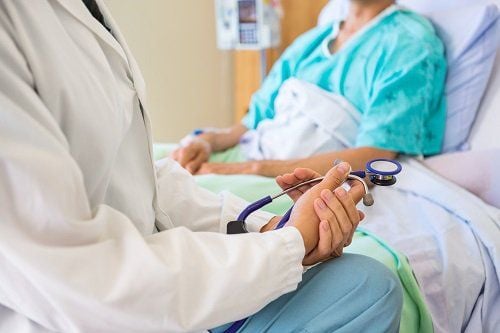
Người bệnh mắc suy thận cấp sẽ phải điều trị tại bệnh viện
Treating the cause of kidney injury The first step is to determine what disease or injury is causing the kidney damage and kidney damage. Based on the cause, the doctor will choose an appropriate treatment regimen to rule out the cause and help the kidneys recover.
Treat complications until the kidneys recover: Along with treating the cause, the doctor will also treat to prevent possible complications and allow the kidneys time to rest and recover. Treatments to help prevent complications include:
During recovery from acute kidney injury, doctors recommend that patients follow a special diet to help support kidney recovery and limit handle heavy jobs.
Depending on the individual case, the dietitian may advise the patient:
Choose foods that are low in potassium. Foods rich in potassium include: bananas, oranges, potatoes, spinach, and tomatoes. Low-potassium foods include apples, cauliflower, peppers, grapes, and strawberries Avoid foods high in salt: Reduce your daily sodium intake by avoiding foods that are high in salt, including many foods. Processed foods such as canned porridge and fast food, canned vegetables, canned meats and processed cheeses Phosphorus restriction: Phosphorus is a mineral found in foods like whole grain breads, oatmeal barley, whole grains, nuts and peanut butter. Too much phosphorus in the blood can cause calcium levels in the bones to drop drastically and cause osteoporosis and brittle bones. The dietitian will make specific recommendations about phosphorus intake and how to limit it in each specific patient's situation. Even after the kidneys have recovered, the person may no longer need to follow a special diet, but a healthy diet is still important to maintain health and protect the kidneys.
Patients with acute kidney injury need to be treated promptly and accurately with positive measures. With modern medical treatments, acute kidney injury can be completely controlled, limiting mortality.
Vinmec International General Hospital is a hospital that owns a team of experts, experienced doctors, well-trained at home and abroad in the field of Urology in general or kidney diseases in particular. In addition, there is support from the most modern machinery and technology system in the diagnosis and treatment of diseases.
Master. Doctor. Nguyen Thi Thanh Thuy is a nephrologist with more than 15 years of experience in diagnosing and treating medical kidney disease, hemodialysis, peritoneal dialysis, pre-transplant screening and post-transplant monitoring. Currently, Dr. Thuy is working at the Department of General Internal Medicine - Vinmec Central Park International General Hospital.
Please dial HOTLINE for more information or register for an appointment HERE. Download MyVinmec app to make appointments faster and to manage your bookings easily.
Reference source: Mayoclinic.org



